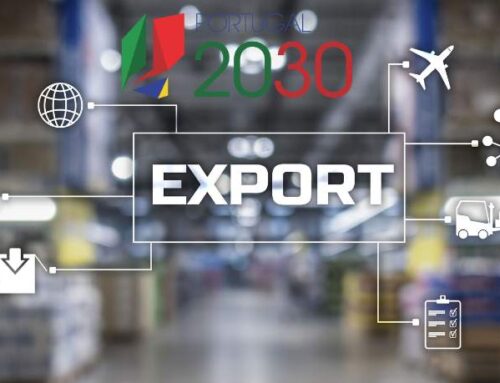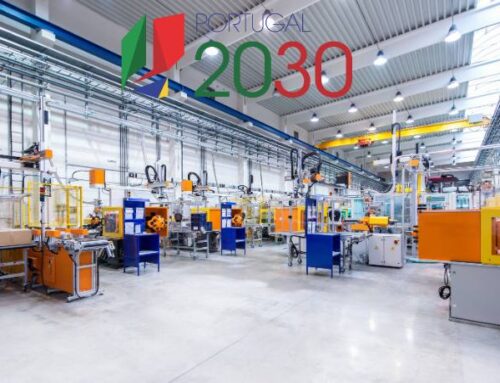SIFIDE (Sistema de Incentivos Fiscais à Investigação e Desenvolvimento Empresarial) is a tax benefit granted to companies that carry out R&D activities, allowing them to recover part of the investment made and boosting their future efforts in this area.
How does SIFIDE work?
SIFIDE allows companies to deduct a percentage of their R&D expenses from their corporate income tax. This percentage varies according to the type of expenditure and can be as high as 82.5%. Companies can benefit from SIFIDE both for projects carried out in-house and in collaboration with research centers or universities.
What are the benefits of SIFIDE?
Reduced tax burden: The deduction of R&D expenses from corporate income tax translates into a lower tax burden for companies, freeing up resources to be reinvested in the company itself.
Stimulating innovation: SIFIDE encourages companies to develop new products, processes and services, increasing their competitiveness in the market.
Growth and internationalization: Innovation driven by SIFIDE can lead to an increase in productivity, the creation of new markets and the internationalization of companies.
Job creation: Investment in R&D contributes to the creation of new skilled jobs, boosting the national economy.
Who can benefit from SIFIDE?
All companies that carry out an industrial, commercial or service activity as their main activity can apply for SIFIDE. Small and medium-sized enterprises (SMEs) benefit most from this system, as they have access to higher deduction rates.
The tax deduction period has been extended from 8 to 12 years, allowing companies more time to benefit from the tax incentives.
What expenses are eligible?
- Expenses for personnel directly involved in R&D tasks (If they have a doctorate, this is considered at 120%)
- Operating costs (up to 55% of personnel costs)
- Acquisitions of tangible fixed assets
- Participation in the capital of R&D institutions and contributions to Investment Funds
- Cost of registering, acquiring and maintaining patents
- Costs of R&D audits
- Staff participation in the management of R&D institutions
- Hiring R&D activities from public entities (or with a statute) or reputable entities recognized by ANI
- Expenditure on demonstration activities
- Expenses relating to R&D activities associated with ecological product design projects are considered at 120%.
The application form for the 2023 fiscal year will be available shortly.
New in the form: From the 2023 tax year onwards, it is necessary to fill in the Statement of Expenses, duly endorsed by a Certified Accountant (CA) through a Declaration.





